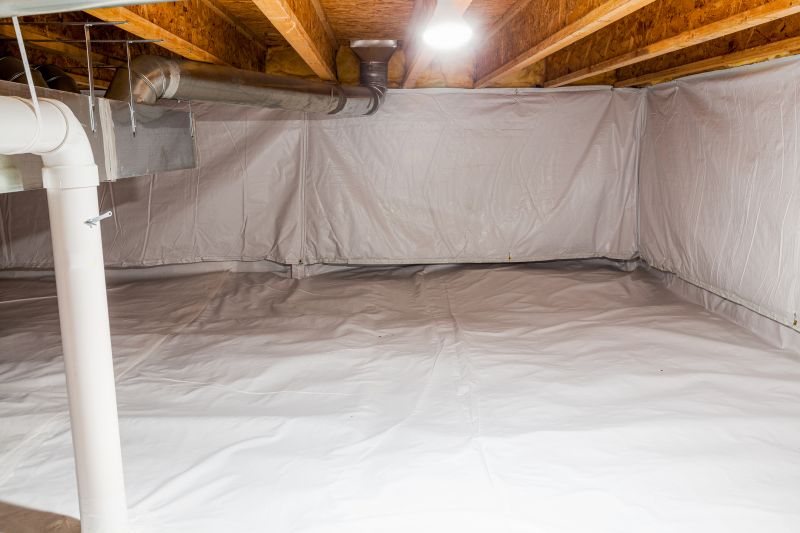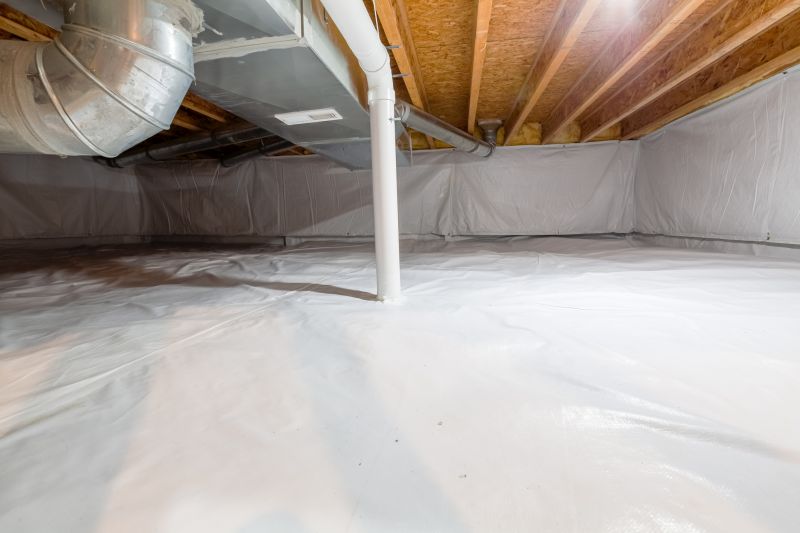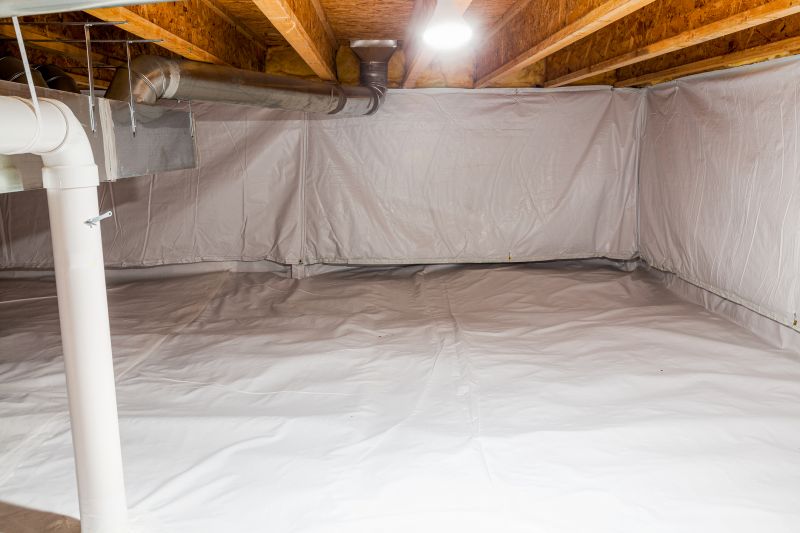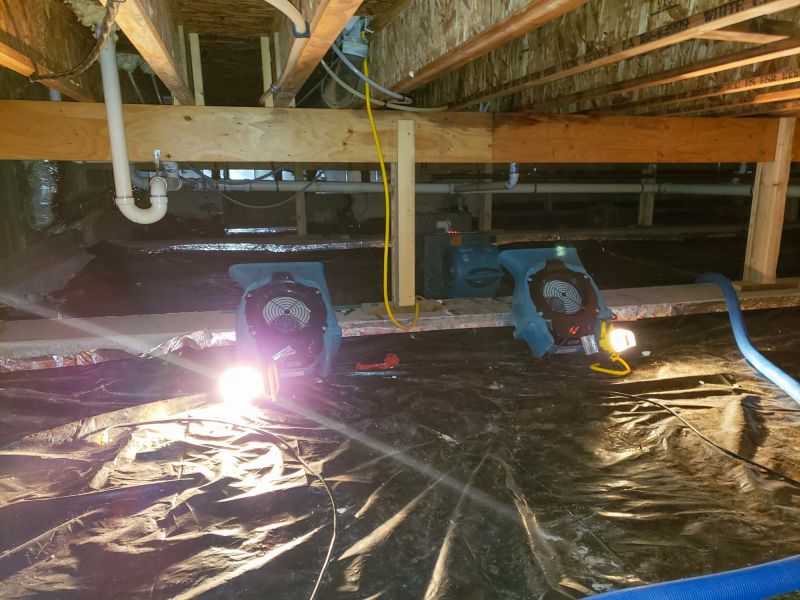Transform Your Crawlspace Into a Dry, Clean Space
Crawlspace encapsulation is a comprehensive process designed to improve indoor air quality, prevent moisture intrusion, and protect the structural integrity of a building. In Mchenry County, Illinois, many homes face issues related to dampness, mold growth, and pest infestations due to unsealed crawlspaces. Proper encapsulation involves sealing vents, installing vapor barriers, and addressing moisture sources to create a clean, dry, and energy-efficient environment below the home.
Encapsulating a crawlspace can reduce energy costs by improving insulation efficiency, prevent mold and mildew growth, and eliminate musty odors. Studies show that properly sealed crawlspaces can decrease indoor humidity by up to 50%, significantly improving air quality and reducing health risks.
Unsealed crawlspaces are prone to moisture accumulation, which can lead to wood rot, pest infestations, and mold development. These issues can compromise the structural integrity of the home and contribute to respiratory problems for occupants. Ignoring crawlspace maintenance can result in costly repairs over time.
Effective crawlspace encapsulation includes sealing vents, installing a high-quality vapor barrier, and ensuring proper drainage. Additional measures may involve insulation upgrades and dehumidification systems to maintain optimal conditions.
Research indicates that homes with encapsulated crawlspaces experience up to a 15% reduction in energy bills. Furthermore, mold-related health complaints decrease by over 30% when crawlspaces are properly sealed and maintained.

A finished crawlspace showing sealed vents, vapor barrier, and insulation installation.

Close-up of vapor barrier and insulation in a completed encapsulation project.

Image of a dry, clean crawlspace after encapsulation, highlighting moisture barriers.

Crawlspace with dehumidifier and sealed environment to prevent moisture issues.
Properly encapsulating a crawlspace can significantly enhance the comfort, safety, and value of a home. It is an effective way to address moisture issues, improve indoor air quality, and protect the home’s foundation. Ignoring these issues can lead to structural damage, increased energy costs, and health concerns. Regular maintenance and inspection are recommended to ensure ongoing protection.
| Feature | Benefit |
|---|---|
| Moisture Barrier | Prevents water intrusion and mold growth. |
| Sealed Vents | Reduces drafts and maintains a consistent indoor environment. |
| Insulation Upgrade | Improves energy efficiency and comfort. |
| Dehumidification Systems | Controls humidity levels and prevents condensation. |
| Structural Protection | Reduces the risk of wood rot and pest infestations. |
| Air Quality Improvement | Reduces airborne allergens and mold spores. |
| Energy Savings | Lower utility bills due to improved insulation. |
| Home Value | Increases property appeal and market value. |

